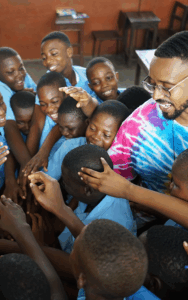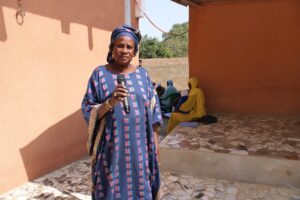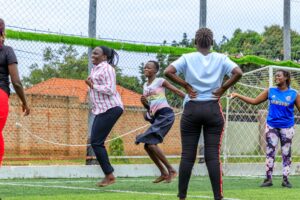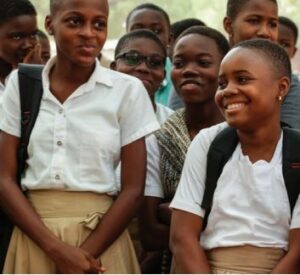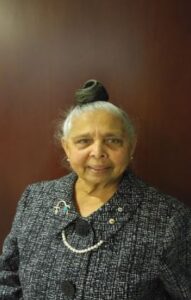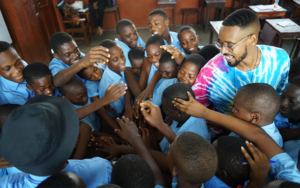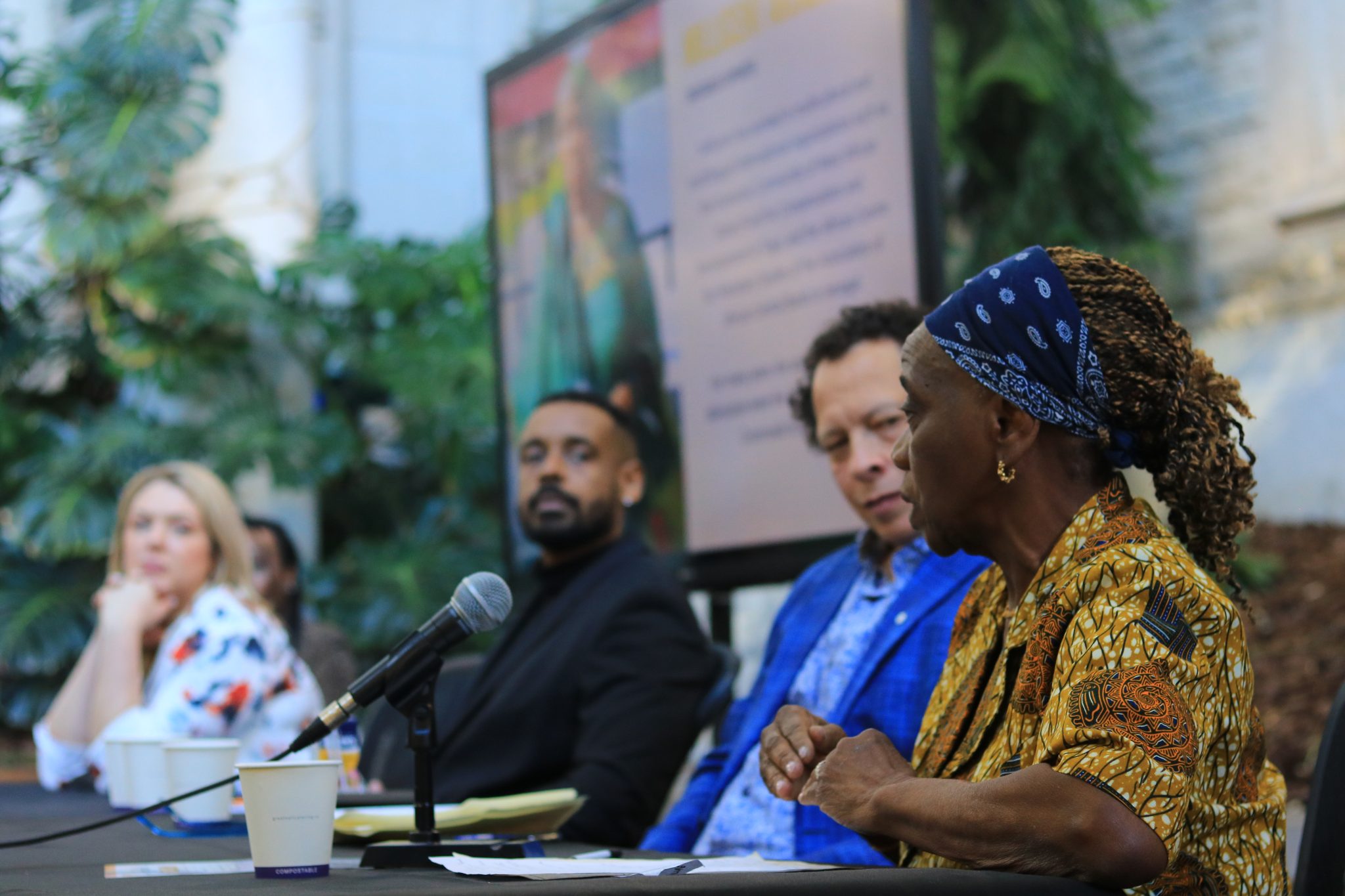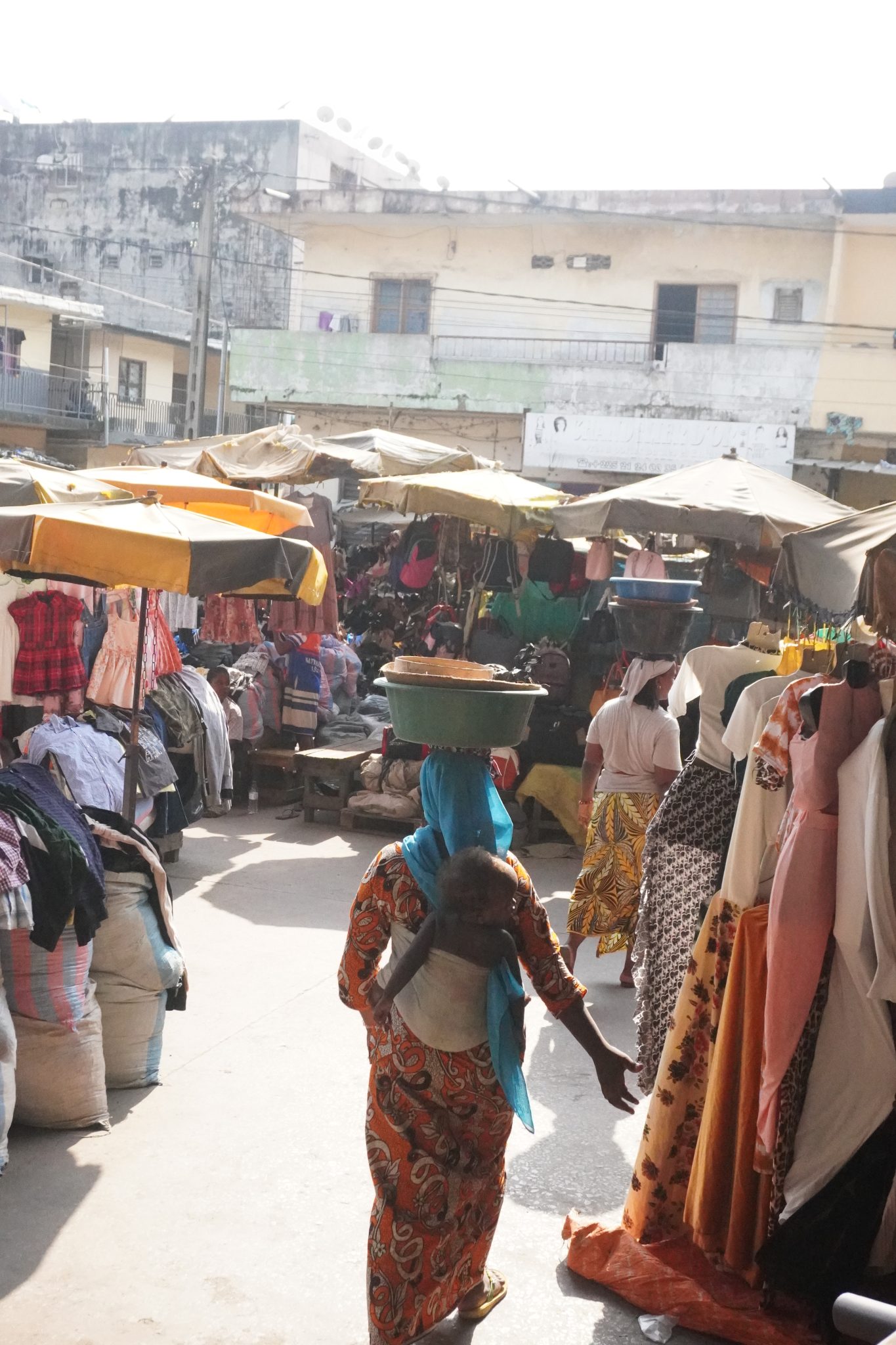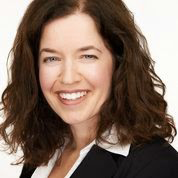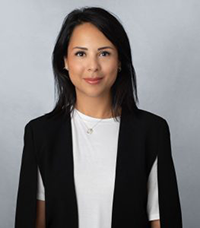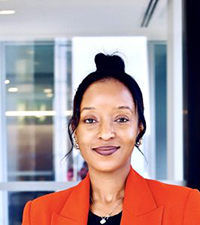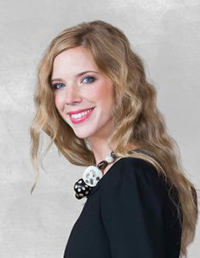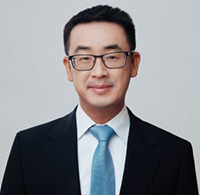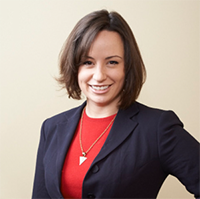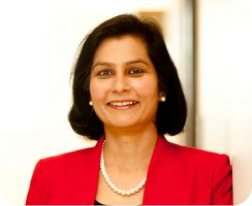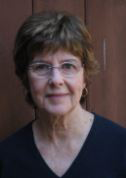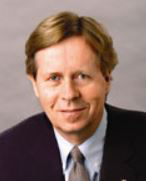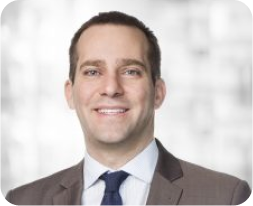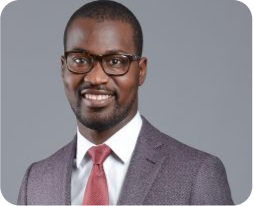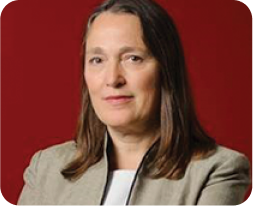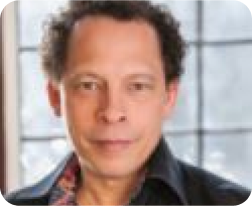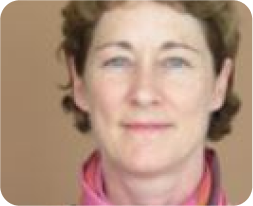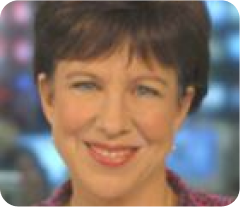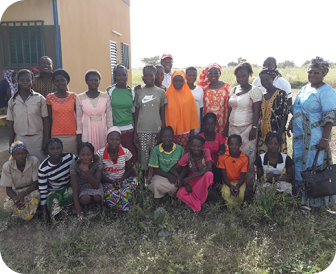At Crossroads International, our volunteers are more than agents—they’re catalysts for real change. We’re spotlighting their stories of connection, resilience, and transformation across sub‑Saharan Africa. Explore how their journeys foster lasting impact for communities and themselves.
Name: Meghan Hutton
“Getting sick in your placement country is a right of passage for a volunteer. Although it’s expected, nothing takes away the intense homesickness you feel the first time you are truly sick in a new country. In those moments you begin to really crave your most trusted people around you, yet you know they are so far away. This is especially hard if you are someone like myself, who often feels like a burden when asking for help and tries to avoid anyone worrying too much about you.
During my time in Ghana, I’ve come to really appreciate how Ghanians will always check on you to make sure you are doing okay and keep updated on your life. This particular aspect has saved me in times of need and made me feel more at home. One evening when I became exceptionally ill and was reluctant to tell anyone about it, I was lucky that my friend Munira, a fellow Ghanian volunteer, called to check on me. Munira is someone who truly embodies the importance of watering your community as everywhere she goes she leaves an impression on whoever she meets and never fails to check on the people in her community.
Once Munira learned I was ill, she reached out to a friend and medical professional, both of whom came to my aid that night. It meant so much to me to have a mother figure by my side and strangers willingly come to my aid just because Munira asked. My appreciation for the Ghanaian emphasis on community deepened, as the following day I had stayed home from work to recover and my inbox became full of colleagues and friends asking if I was okay. Even those who were not yet aware I was sick had reached out to ask about me, simply because they hadn’t seen me around. Over the next two days I spent at home, I had multiple people drop by to visit me. Some had been worried that they hadn’t seen or heard from me, while others had heard I was ill and came around with drinks, fruit and medicine. The neighbours who lived in my compound all emphasized the importance of seeing each other as a family, and how I should always let them know when I am unwell so they could take care of me.
I was overcome with emotion at the amount of people who effortlessly put forward these small gestures and cared about my well-being. I’m someone who’s frequently poor at responding to messages, and I have never been the best at randomly reaching out to people, but being Ghana has shown me the importance of checking in on people, not just close friends, but those who are a part of your community. Such small gestures can go a long way in making someone feel cared for, especially in vulnerable times.
 Name: Billal Mallam Saani
Name: Billal Mallam Saani
The Journey of Change
When I received the news that I would represent WiLDAF Ghana at the 15th Gender Festival in Dar es Salaam, Tanzania, I felt both pride and fear. As a Crossroads volunteer, I had been working passionately in my community, but joining feminist activists from across Africa felt overwhelming. Little did I know, this experience would transform not only my perspective but also the way WiLDAF Ghana approaches its mission.
Arriving in Dar es Salaam, I was struck by the festival’s vibrant energy. Under the theme of “”Transformative Feminist Approaches,”” the sessions pushed beyond theory, challenging us to reflect on our behaviors, biases, and leadership practices. I began to see feminism not just as advocacy for women’s rights, but as a living philosophy of justice, inclusion, and equity for all.
A transformative moment came during a workshop on feminist organizational change. Listening to grassroots women leaders describe how they rebuilt their organizations from the ground up, I realized that true change starts within. I reflected on how traditional hierarchies, even within activist spaces, can unintentionally replicate the inequalities we aim to dismantle.
When I returned to Ghana, I didn’t just bring back notes; I brought back a new lens. Together with my colleagues at WiLDAF Ghana, we initiated conversations about power dynamics, inclusivity, and collective leadership. We began integrating feminist principles into our programs and strategies prioritizing participatory decision-making, embracing intersectionality, and creating safer, empowering spaces for all. It wasn’t always easy; it required humility, listening, and a willingness to unlearn. But slowly, we saw not just changes in outcomes, but shifts in our organization’s spirit.
On a personal level, my leadership style evolved. I became more intentional about creating spaces where all voices, especially the marginalized, could be heard. I learned that real leadership is about sharing power, not holding it.
Inspired by this transformation, I decided to pursue a Master of Science (MSc) degree, focusing my thesis on “Integration of Feminist Principles in Women’s Rights Organizations in Ghana.”” Through this research, I aim to offer practical insights on embedding feminist values into institutional frameworks across Ghana and beyond.

The 15th Gender Festival wasn’t just an event; it was a crossroads that catalyzed my journey of change. It showed me that true transformation starts within and that when we lead by example, we spark a ripple effect that can reshape communities, institutions, and futures.
Today, I look back with immense gratitude. Crossroads gave me the opportunity to walk this path a journey that has not only reshaped my career but transformed my entire approach to activism, leadership, and life itself.
Transformation is not a destination. It is a journey and mine is only beginning.”
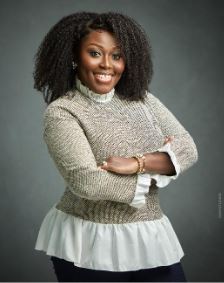 Name: Nana Ama Ofori
Name: Nana Ama Ofori
“I always say that volunteering in Ghana was an eye opener for me, both professionally and socially. During my mandates I had the opportunity to visit the rural towns our projects were being implemented and, in some cases, I spoke directly with program participants. I realized how international aid work ought to complement what the broader government is doing in terms of leveraging existing systems to amplify empowerment initiatives.
This synergistic approach I found is key to sustainability beyond international aid. By complementing and empowering, projects, programs and overarching policies stand a greater chance of being maintained and expanded even after international agencies leave.
The reality on the ground is that program beneficiaries groups often overlap between international organizations working in the development space, hence the need for greater collaborations at the organizational, governmental and other stakeholder levels.
As such, the paradigm shift for me was to lean into more inter-organizational collaborations and more partnerships with like minded agents of change so as to further strengthen development efforts, with the goal of achieving impact that is inter-generational and sustainable in essence.
That to a large extent informs the work I do today as director of programs and policy for an international organization working in 29 countries across Latin America, Africa and Asia on poverty alleviation.”
Name: Caitlynn Lowenberg
“In August 2024, I traveled to Kampala, Uganda, to volunteer with FIDA a local legal clinic offering legal aid to survivors of gender-based violence. Within my mandate, I expected to exchange knowledge on legal processes and trauma informed approaches to supporting gender-based violence. What I didn’t expect was to witness a tragedy that would shift not just my perspective, but my entire approach to sustainability, justice, and community care.
Shortly after I arrived, FIDA’s legal team was alerted to a catastrophic garbage landslide in the area. The disaster killed at least 18 people, displaced hundreds of families, and released toxic gases from the mass amounts of garbage into the air. Entire communities were destroyed including the homes that families resided in, families were displaced, many staying at the local Red Cross Refugee Camp, with nowhere to turn. There were also families who had not had their houses destroyed but were admits that destruction of the toxic waste, with nowhere to turn, they stayed in their homes. There were animals living in the garbage, and the families were left with nothing but trauma and unanswered questions.
I visited the site and witnessed the heartbreak up close, mothers grieving their missing and potentially dead children, women in preterm labor due to overwhelming stress, and families staying in makeshift shelters, with beds on the floor provided by the Red Cross. I met women and children who cried not just from fear, but from a loss of everything familiar.
What struck me most wasn’t just the scale of the disaster, but its preventability. This wasn’t simply a “natural” tragedy. It was the outcome of years of environmental neglect, poor infrastructure, lack of government intervention despite community advocacy and lack of access to safe housing and waste management systems. It was a stark reminder that environmental issues are never just about the environment, they are human rights issues too.
This experience became a turning point. It deepened my understanding that environmental and social justice are inseparable. Communities facing poverty, displacement, and inequality are often those who bear the brunt of climate-related disasters and environmental mismanagement. When the systems fail, it’s always the most vulnerable who pay the highest price.
When I returned home, I began making intentional changes in my daily life. I started purchasing produce from Odd Bunch, a company that rescues “imperfect” fruits and vegetables that would otherwise go to wastelands. It’s a small act, but it reflects a larger commitment to reduce waste and live more sustainably. Every decision I make now is grounded in the understanding that our individual actions ripple outward and that injustice anywhere is connected to our shared environment. My work with Crossroads International didn’t end in Uganda. It sparked a lifelong commitment. I’m currently planning to return for another mandate in August 2025 to continue advocating for human rights and exploring how legal empowerment, environmental sustainability, and community resilience can work hand in hand.
The people I met in Uganda, especially the women and children remain at the heart of why I do this work. Their resilience in the face of loss reminded me that hope survives even in crisis. Crossroads gave me more than just a volunteer experience, it gave me clarity of purpose, and a global lens through which I now view justice, equity, and change.
These stories reveal that volunteering isn’t just a project—it’s an exchange that transforms both volunteer and community. Join us in celebrating the power of connection.


